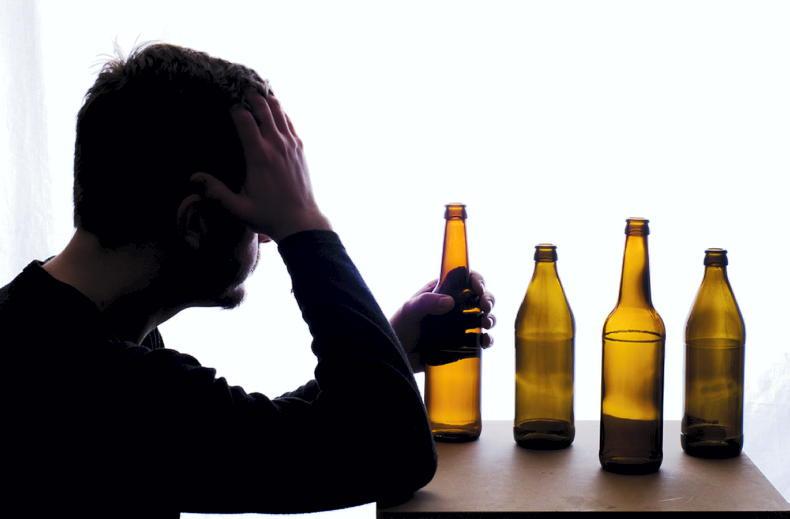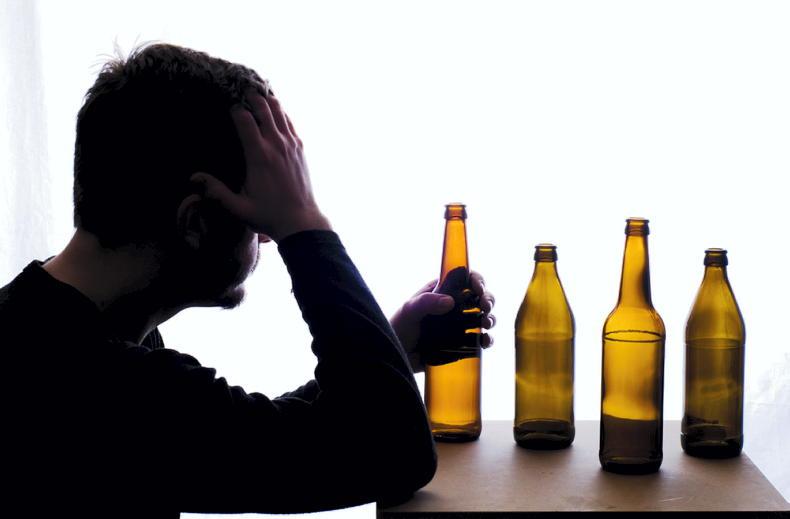USING alcohol to cope with difficult feelings or problems can be a tempting short-term solution. However, it can lead to significant mental health problems.
You may not realise that drinking is affecting your mental health, but there can be early warning signs. Mental health symptoms caused by problem drinking include:
It is strongly advised that you should talk to your doctor if you have any of these symptoms. Early intervention would be very beneficial always.
Coping skills
If you use alcohol to cope with stress and worry, you miss out on developing healthy coping skills. What do we mean by coping skills? They can include talking about your problems, getting professional help, and using stress management techniques
The next time you face a challenge, you may feel more overwhelmed and more likely to turn to alcohol again. This must be avoided at all cost. Poor sleep hygiene, hangovers and associated health problems can also make you feel less able to cope.
Relationships
Getting drunk, or spending too much time drinking can lead to arguments. It can also result in neglecting or hurting the people you care about. So often the people we hurt the most are those closest to us, and they are there to help.
Mental health conditions
Alcohol can make the symptoms of mental health conditions worse. For example, depression and anxiety. Cutting down or stopping drinking has the direct effect of improving mood. Using alcohol to manage social anxiety can prevent you from developing social and coping skills.
You may also start to rely on alcohol, feel very anxious in social situations where alcohol is not available, and start to avoid social situations. Social anxiety is more than shyness. It’s a fear that continues after the social event.
Social anxiety disorder is an overwhelming fear of social situations. It can be long-lasting. It usually starts during the teenage years. For some, it gets better as they get older. For many, it does not go away on its own. It can be very distressing and have a big impact on your life. However, there are ways to help you deal with it.
Using alcohol to numb emotions
‘Drowning your sorrows’ is a common reaction to difficult emotions. Sometimes you might not even know what’s bothering you. You just know that you feel bad and want to forget for a while. Alcohol can give you temporary relief, but this is brief. The ultimate effect is lowered mood and higher anxiety. You may find that you need to drink more to stay numb and avoid your emotions. This can lead to alcohol dependence.
Alcohol affects the chemical balance in your brain. It can change your mood, feelings and behaviour, in a positive or negative way. Most people drink because they like the way alcohol makes them feel, at least at the beginning. For example, they drink to feel more relaxed, cope with stress or boredom, get a buzz, or to lose inhibitions and feel more confident
Some people use alcohol to let out pent-up emotions, cope with depression, forget about difficult feelings or hide them, or to block upsetting or traumatic memories or emotional upset. In reality, alcohol is not a solution. Its effects are temporary.
Releasing emotions
Alcohol can lower inhibitions and make bad feelings come to the surface or make them feel more intense. This is one of the reasons you may become upset, angry or aggressive when drinking. Trying to manage these feelings when you have been drinking can lead to arguments, violence, self-harm or thoughts of suicide
Alcohol and anger
Alcohol can release pent-up feelings. It can also make feelings of anger and frustration more intense. This can lead to deep regret if you have caused any hurt. Anger can be a difficult emotion to express and manage, but being angry is a necessary emotion that everyone experiences. It’s important to deal with anger in a healthy way that does not harm you or anyone else.
Alcohol and low self-esteem
Having low self-esteem can undermine your quality of life, achievements, relationships, and the ability to be happy. Alcohol is a temporary and sometimes damaging response to a longer-term problem. It may stop you from finding ways to cope and improve your self-esteem.
Your drinking may become heavier or you may start to rely on alcohol. This can lead to behaving in a way that makes you feel worse about yourself. One way to work towards accepting yourself is by building self-confidence.
Self-confidence is how you feel about yourself in relation to others. If you have low self-confidence, you may think less of yourself compared to other people. You may compare yourself negatively to other people and criticise yourself a lot. If you have difficulty accepting yourself for who you are, it can impact on your mental health.
Self-esteem is how you feel about your own worth and personal value. It is a big part of your mental health and it impacts every area of your life. Instead of listening to your critical voice within, focus on your values. Make decisions based on what you need rather than what you think you should want. You can weaken this critical voice by choosing realistic goals. Set small steps to achieve them.
Alcohol and stress
You may drink alcohol to relieve stress or to relax. Alcohol may make you feel relaxed at first, but when the effects wear off, the stress and the problems that are causing the stress are still there. They may also be worse, causing a greater need to drink.
Alcohol can make you more likely to act in an uncontrolled or impulsive way. There is a strong link between alcohol abuse, self-harm and suicide. Your risk of suicide increases if you are abusing alcohol. Call 112 or 999 if you or someone you know is about to harm themselves or someone else.


 This is a subscriber-only article
This is a subscriber-only article
 It looks like you're browsing in private mode
It looks like you're browsing in private mode









SHARING OPTIONS: